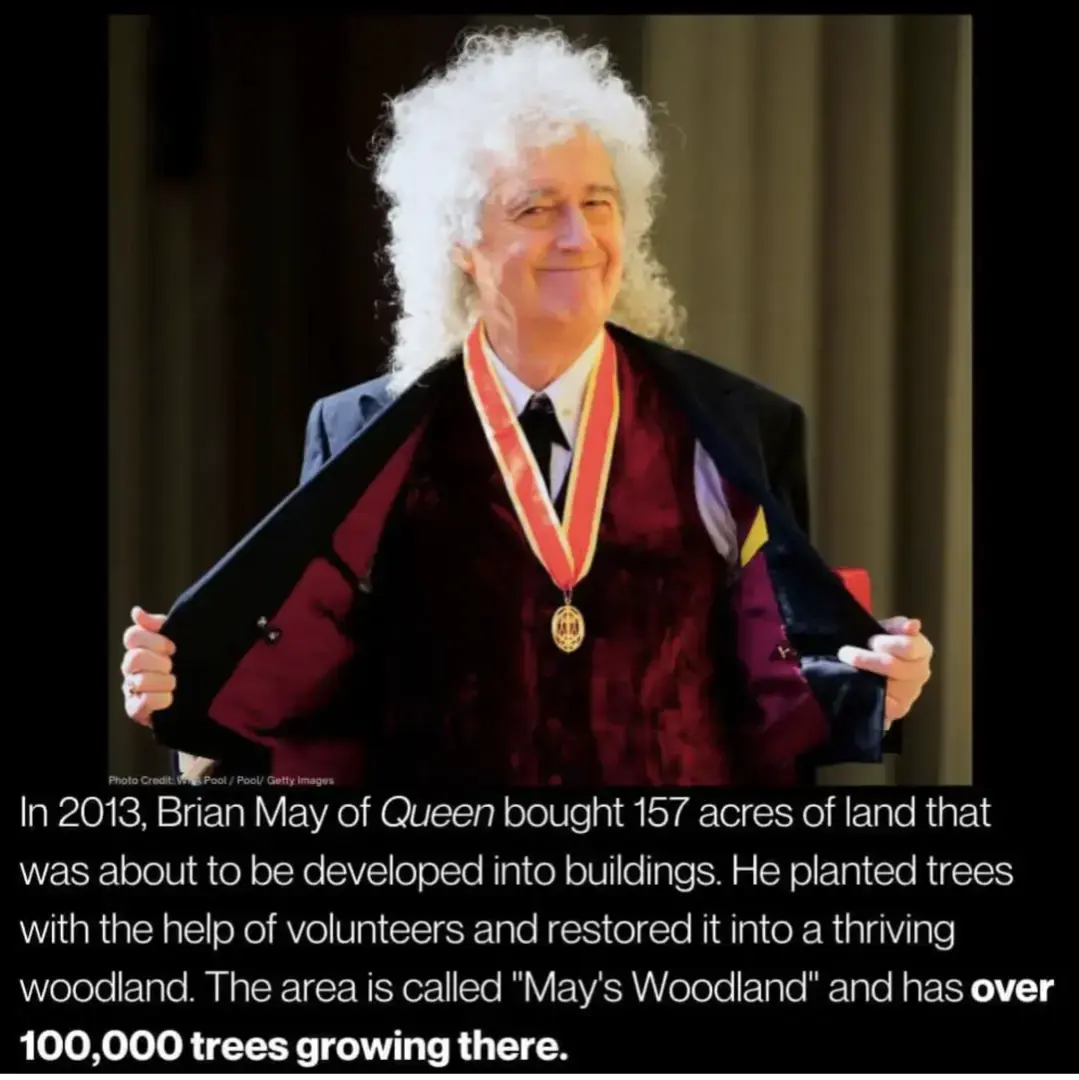Environment
3925 readers
1 users here now
Environmental and ecological discussion, particularly of things like weather and other natural phenomena (especially if they're not breaking news).
See also our Nature and Gardening community for discussion centered around things like hiking, animals in their natural habitat, and gardening (urban or rural).
This community's icon was made by Aaron Schneider, under the CC-BY-NC-SA 4.0 license.
founded 2 years ago
MODERATORS
151
152
153
154
155
15
Roads of destruction: vast numbers of illegal ‘ghost roads’ used to crack open pristine rainforest
(theconversation.com)
156
157
158
159
160
161
162
163
164
37
165
166
13
A mecca for rewilders: the community-led project restoring Scotland’s southern uplands
(www.theguardian.com)
167
168
169
170
171
172
173
174
175
